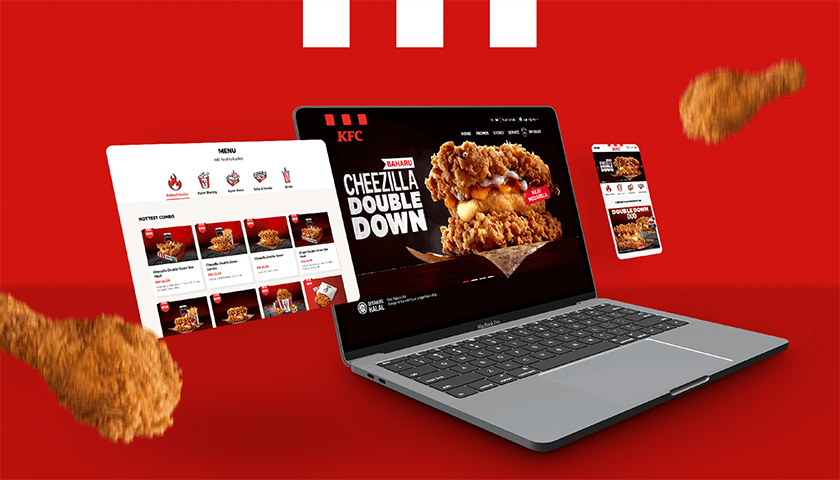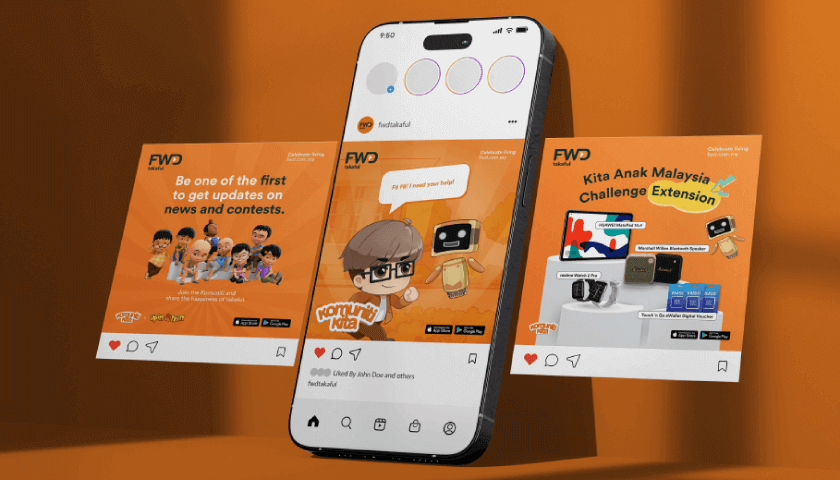The digital landscape constantly changes, with shifts in algorithms, platforms, and consumer behaviour. This makes predicting results challenging, complicating budgeting.
The primary goal of budget allocation is to optimise the return on investment (ROI) while achieving the marketing objectives within a specific timeframe.
How to allocate budget for digital marketing?
So, how to allocate budget for digital marketing?
Several factors are crucial in digital marketing budget allocation, each affecting the strategy differently.
- Business Objectives: Aligning with key business goals, like boosting brand awareness, generating leads, or driving sales, is crucial. The budget should prioritise actions that support these objectives.
- Target Audience: Knowing your audience and their online habits guides investment. Success varies across platforms based on the targeted demographic.
- Previous Performance: Past campaign data can inform future budgeting, showing which channels and tactics yielded the best ROI.
There are various digital marketing channels, each with a unique role in a digital marketing strategy.
- Search Engine Optimisation (SEO): Investment aims at boosting website visibility in search engine results, covering keyword research, content creation, and website optimisations.
- Pay-Per-Click (PPC) Advertising: Budgets for PPC campaigns like Google Ads vary with campaign goals, targeting strategies, and keyword bid adjustments.
- Social Media Marketing: This involves promoting content and engaging with audiences on platforms like Facebook, Instagram, and LinkedIn. Budgets can vary, depending on how well the platform reaches the target audience and the kind of content being promoted, from organic posts to sponsored content.
Check out our Facebook Ads Management Services. - Email Marketing: Budgets help create and distribute email campaigns, manage lists, and segment strategies for better personalisation and engagement.
The 70/20/10 Rule for Marketing Budget
The 70/20/10 rule is a practical approach to dividing your digital marketing budget among various digital marketing channels and tactics.
- 70% for Proven Tactics: Allocating 70% of your budget means investing in proven strategies. It’s about using methods with a history of success to ensure stability and predictable outcomes. For instance, if SEO and email marketing consistently deliver high ROI, they should receive most of your investment.
- 20% for Innovative Strategies: This section focuses on promising strategies that may not have solid proof of effectiveness like your main tactics. The idea is to use 20% of your budget on potential growth areas based on data, such as testing new email segmentation techniques or exploring social media platforms that resonate with your audience.
- 10% for Experimental Initiatives: The final 10% of the budget is where true innovation happens, dedicated to pushing boundaries with new tech, platforms, or creative ideas. Although riskier, it holds the potential for significant rewards, opening up new growth paths or unique audience engagement methods.
For some brands or at certain times, it might be wise to shift the budget, investing more in experimentation when market conditions are right or if past innovations have been successful.
The 70/20/10 rule offers a structured budgeting approach, but a marketer’s understanding of their specific situation, goals, and the market should ultimately drive how the marketing budget is allocated.
The Importance of Budget in Digital Marketing
The importance of budgeting in digital marketing is vital. It plays several crucial roles that guarantee the efficiency and success of marketing campaigns.
- Prevents Overspending: Without a budget, overspending in one area can leave not enough funds for other key projects. For example, spending too much on social media ads might cut into the budget for essential SEO efforts, crucial for long-term growth.
- Facilitates Measurement and Optimisation: A set budget helps measure ROI by comparing costs to results. For example, if RM1,000 on PPC advertising leads to RM5,000 in sales, the business sees the investment’s value and can better allocate future budgets for higher returns.
- Ensures Strategic Allocation of Resources: Defining a budget allows businesses to allocate funds towards marketing strategies that best engage their target audience. For instance, if Instagram campaigns show high engagement, it’s smart to invest more resources there.
Check out our Instagram Ads Management Services. - Enables Flexibility and Agility: A good budget has emergency funds for quick action on surprises or challenges. If a promising new social media platform pops up, a flexible budget lets you try it out without affecting other marketing.
How much you should spend on digital marketing in Malaysia?
Navigating the complexities of digital marketing budgeting can be challenging, but Jumix Design is here to offer expert guidance to optimise your digital marketing plan.
With a proven track record in delivering effective, ROI-focused digital marketing strategies, our team ensures your budget is as hard-working as you are towards reaching your business goals.
Don’t leave your digital marketing to chance. Get in touch with the leading digital marketing agency (Malaysia) to enhance your online presence.
Schedule a consultation today to see how we can help your business grow.













Comments are closed for this article!